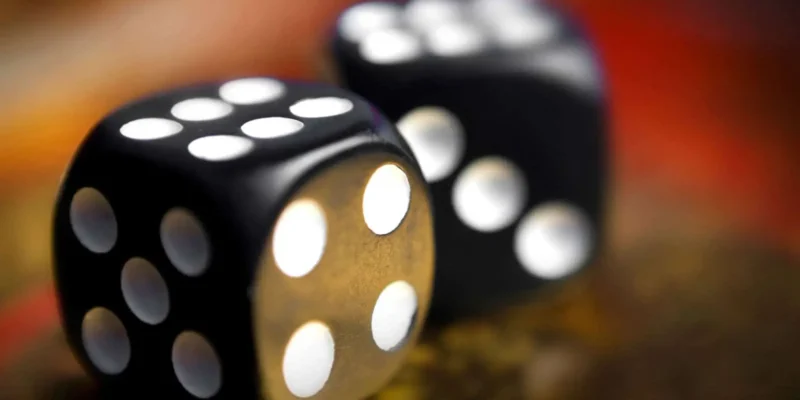Concentration during dice games directly impacts decision-making quality and overall performance outcomes. Multiple elements influence mental focus levels while gaming, creating optimal conditions for sharp thinking or distractions that lead to poor choices. Players on crypto.games/dice/bitcoin must recognize these concentration influences to maintain peak mental performance throughout their sessions.
Control your physical environment
Environmental disruption elements are crucial in maintaining focus during dice gaming sessions. Noise levels, lighting conditions, and spatial organization affect cognitive performance and decision-making abilities. Background conversations, television sounds, and music can fragment attention and reduce analytical thinking capacity. Poor lighting strains the eyes and creates fatigue that diminishes concentration over time. Temperature extremes also impact mental clarity, with excessive heat and cold affecting cognitive function. Room ventilation influences oxygen levels and alertness, while cluttered spaces create visual distractions that distract attention from gaming decisions.
Monitor your mental state
Mental clarity levels determine how effectively players process information and make calculated decisions during dice games. Sleep quality from the previous night affects reaction time, mathematical calculations, and pattern recognition abilities. Adequate rest ensures the brain operates at peak efficiency for complex gaming scenarios. Recent meal timing influences blood sugar levels and the mental energy required for sustained focus. Hydration status affects cognitive processing speed and accuracy, while caffeine consumption provides temporary alertness but may cause crashes later. Stress from external life events creates mental noise that interferes with gaming concentration.
Manage emotional responses
Emotional stability concerns heavily influence concentration quality during gaming sessions. Excitement from recent wins can lead to overconfidence and reduced analytical thinking, while frustration from losses creates negative emotions that cloud judgment. Maintaining emotional equilibrium requires conscious effort and self-awareness throughout gaming periods. Anger and disappointment consume mental resources that should focus on logical decision-making processes instead. Fear of losing can create anxiety that paralyzes decision-making abilities and prevents players from executing their planned strategies effectively. Joy and euphoria from winning streaks can be equally disruptive, leading to reckless behaviour and abandonment of disciplined approaches.
Address physical comfort needs
Physical wellness needs directly affect mental concentration during dice gaming. Bodily comfort and health status create supportive or distracting obstacles for sustained focus. Physical discomfort from poor seating, inadequate back support, or repetitive strain distracts attention from gaming decisions. Proper posture and ergonomic positioning helps sustain focus over more extended gaming periods. Eye strain from screen glare reduces visual processing efficiency, while hunger sensations divert mental resources from gaming analysis. Muscle tension affects overall comfort and concentration ability, making regular stretching important.
Plan your gaming schedule
Time management stress creates mental tension that interferes with optimal concentration during dice games. Schedule and time constraints create artificial pressure affecting decision quality and analytical thinking. Rushing through decisions due to external deadlines prevents thorough analysis and increases error rates throughout gaming sessions. Awareness of limited gaming time can create unnecessary anxiety that disrupts focus and leads to hasty choices. Clock-watching behavior divides attention between time management and gaming strategy, reducing effectiveness in both areas. Players who feel pressured by time constraints often abandon their systematic approaches in favour of quick decisions that ignore mathematical principles.
Multiple elements affect concentration during dice gaming, including environmental conditions, mental clarity, emotional stability, physical comfort, and time pressures. Recognizing these influences allows players to optimize their gaming environment and mental state for peak performance. Addressing concentration challenges systematically leads to better decision-making and more consistently enjoyable gaming experiences.







Comments